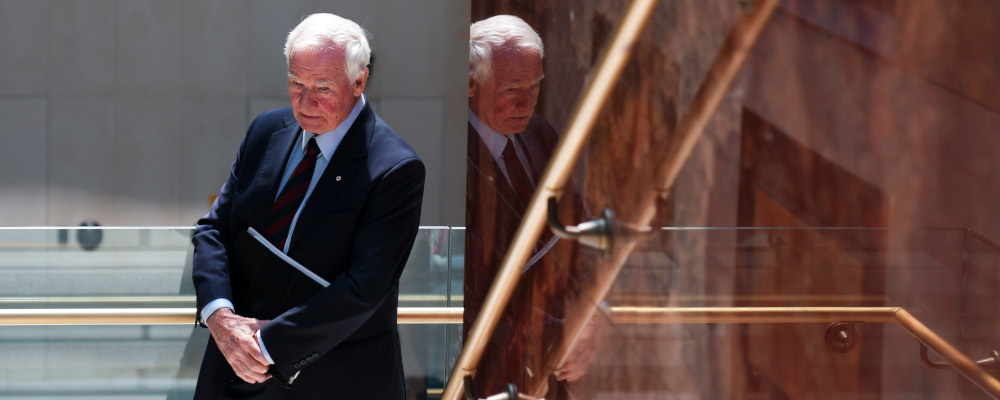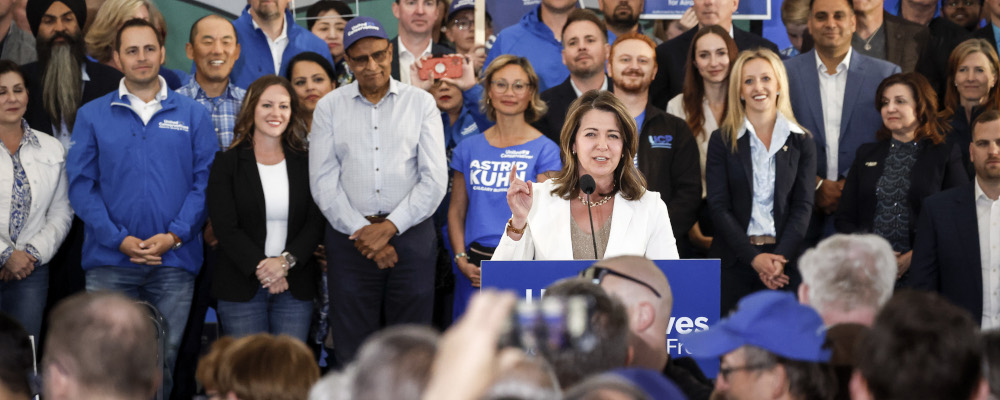In light of the NDP motion that calls on David Johnston to step down in his role as special rapporteur on foreign interference, there are growing questions about what an alternative process might look like, including the scope, mandate, and possible commissioners.
My answers to these questions are based upon military experience, almost thirty years as a lawyer, three years as counsel to the minister of public safety responsible for national security matters, and three and a half years as head of an administrative tribunal.
Let me first highlight some of the weaknesses in Mr. Johnston’s initial report:
- The report concludes that there “should not and need not be a separate Public Inquiry” because the leaked materials could not be examined in public given the sensitivity of the intelligence. The easy response to this is to consider the inquiries of Justices Rouleau (POEC), O’Connor (Arar), and Major (Air India). Each inquiry considered sensitive information and provided useful redacted summaries that supported their final conclusions.
- The report appears to have been prepared based upon documents and briefings that were proffered by the government and its agencies. The report does not appear to have been based upon an investigatory or inquisitorial model. Rather it seems that Mr. Johnston consumed the information that was offered on the government’s menu.
- Striking as well is that neither Mr. Johnston nor his Counsel, Sheila Block, have any considerable experience in national security matters nor experience in government handling national security files. The effect of this is a willingness to take at face-value assertions regarding the handling and dissemination of intelligence. Either the Public Service has permitted a significant degradation in the processes used to disseminate intelligence today from those used in 2010-2013 or the difficulties described to Mr. Johnston were greatly exaggerated.
- Mr. Johnston did not have the power to follow the evidence. Without the power of subpoena and the ability to compel documents, he was left to rely upon what was given to him. There is no assurance he received the full picture. In fact, from the absence of discussions with the Elections Commissioner or the RCMP, it is apparent that he did not.
What would a better solution have been?
Any solution must address two issues of concern:
- What foreign interference has taken place and what are its impacts?
- What should Canada do about it?
Those questions need not be answered in the same venue. Answering the first question would require investigation into the operations of several agencies. It is also the question that is most likely to require consideration of intelligence information.
Consideration of how Canada should respond to foreign interference operations is going to be less about intelligence and more about hard choices that have to be made. Canada’s response will affect diaspora communities, have economic impacts, affect public funding of research, and how political parties operate (to name a few of the issues).
However, both questions may be addressed under the Inquiries Act. The first step would be to appoint a commissioner to conduct a departmental investigation under s. 6 of the Inquiries Act. The same individual would be appointed with respect to the:
- Privy Council Office
- Public Safety Canada
- Global Affairs Canada
- RCMP
- CSIS
- Elections Canada
The commissioner’s mandate would be to assess the scope of foreign interference in Canadian governance. Without limiting the scope of this mandate this would include:
- Selection of candidates at any level of government,
- Influence of nomination and election results at any level of government,
- Operation of unauthorized foreign government agencies or outposts in Canada.
The ideal commissioner would be a current or retired judge of the Federal Court of Canada who has experience in proceedings related to national security. This will ensure the commissioner is aware of the strengths and weaknesses of intelligence and is experienced in evaluating and testing that information. The commissioner would be entitled to counsel in the matter. Given the need to have this work done in a short time frame and to ensure experience counsel the commissioner’s counsel should be drawn from the “List of Persons Who May Act as Special Advocates.“

The benefit of appointing someone in this manner is that the commissioner has broad powers under ss. 7 to 10 to obtain evidence. The commissioner could compel witnesses to appear; a witness who lies subject to perjury proceedings; and a person under summons who fails to appear is committing a summary offence. The commissioner also has the right of entry into any premises and to compel production of any document necessary to fulfill the mandate.
The commissioner would be mandated to author a report setting out the nature of foreign interference in Canada. There would be both a public and classified version of that report. The report would also include recommendations to improve governmental response to foreign interference. The expectation would be to have the report written within six months of commencement.
The second stage would be to appoint a Public Inquiry under s. 2 of the Inquiries Act. Expertise in the matter of national security is not as critical here. Although if there was only going to be a single commissioner a background in such matters would be important. The question to be answered by the s. 2 inquiry would be “How should Canada respond to foreign interference efforts?” The inquiry would have access to both the public and classified versions of the departmental inquiry.
At this stage, the public inquiry would be less a matter of past intelligence and more a weighing of consequences of choices. The inquiry would hear from non-government actors about the consequences of foreign interference within their communities or sectors of the country (some of this would likely be in camera in order to protect witnesses). It would seek feedback regarding the consequences of proposed responses and evaluate responses against the history of foreign interference in our society. Finally, it would make recommendations regarding responses, both legislative and policy, to address the problem of foreign interference.
Some will ask “How is this process different from the one put in place by the present government?” Run by someone with experience in the national security field and the power to follow the documents and information rather than relying upon what is given to him by the government, this process is far more likely to arrive at the truth. The power to compel evidence will protect witnesses and whistleblowers from allegations they have breached the Security of Information Act as well as protect them from spurious defamation suits designed to intimidate witnesses.
This two-stage process has the advantage of gathering all of the information necessary to define the problem of foreign interference in Canada. It would have that information evaluated by an individual with expertise in the field. That evaluation would then be turned over to a public process that would seek broader input as to how best to respond.
Recommended for You

Ginny Roth: J.D. Vance, Pierre Poilievre, and how they slice their economic pie

David Polansky: As President Biden leaves the race, will the Democratic Party hodgepodge hold?

RCMP spending to protect MPs may have risen 112% since 2018, as Canadian politicians face greater rise in threats

Trevor Tombe: Canadians are paying billions in hidden taxes on new homes









